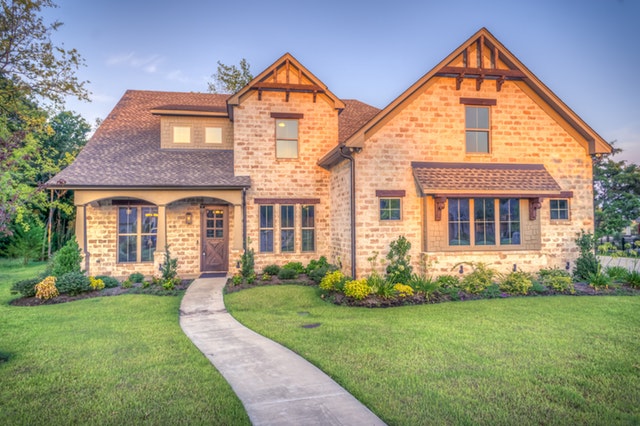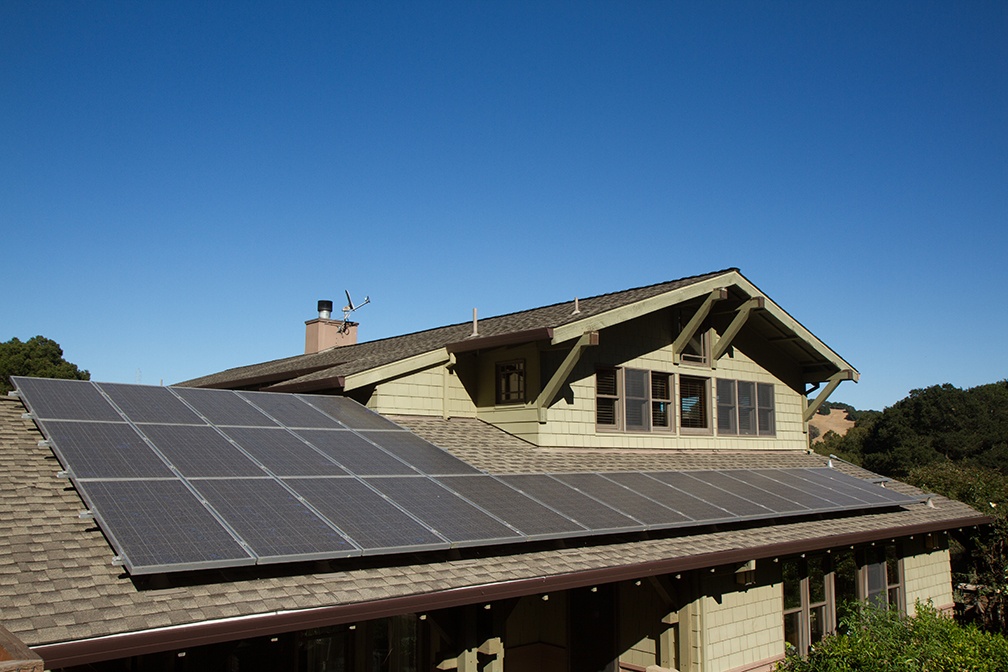 The closing process for a home purchase is an exciting time. The home is finished, the purchase is ready to be finalized and it’s almost time to move in. The final steps of the closing process ensures both parties are able to meet their requirements and all the paperwork is in place and verified.
The closing process for a home purchase is an exciting time. The home is finished, the purchase is ready to be finalized and it’s almost time to move in. The final steps of the closing process ensures both parties are able to meet their requirements and all the paperwork is in place and verified.
The Key Players
There are actually four parties involved in a typical closing: the buyer, the seller, the bank or lender financing the purchase, and the escrow agent. Each has an important role in making sure the closing happens effectively and efficiently.
As is common with most purchases, the buyer is already familiar with the need to have a down payment ready and to be committed to a purchase. Additionally, the buyer will have already worked out the loan approval preliminary reviews and steps with the bank financing the purchase if it is not an all cash purchase.
The Escrow Process
During escrow the purchase is then validated through a number of steps. These include:
- Ensuring the property title is clear of any problems or previous liens (a legal method by which other parties get paid for the seller’s outstanding prior debts).
- Ensuring the property has been appraised and represents the actual worth represented to the bank.
- Ensuring the bank is ready to pay the seller with a payment check and that the buyer has paid any down payment as well. Both payments are put into an escrow account managed by an escrow agent and not to be released until all the purchase requirements are met.
- Ensuring the buyer has been notified, read and has committed by signature to all the purchase documentation necessary to complete the sale. This includes understanding the nature of the home loan, payment responsibilities, and what happens if there is a default.
- Ensuring any property taxes, homeowner’s association fees, and other fees have all been addressed before the seller transfers the property to the escrow agent, which is then transfered to the seller.
- Finally, passing along the keys and title of the property to the buyer, the title lien to the bank financing the deal, and the payments for the property to the buyer.
When all the above happens, a home purchase is closed and the home officially belongs to the buyer. The seller also gets paid and can deposit his income accordingly. The escrow agent files all the paperwork with the bank, the county recorder’s office, and copies are sent to the buyer and the seller for their own records.
Contact your trusted real estate professional if you have any additional questions about the closing process as well as other aspects of acquiring your new home.
 Reality TV shows have inspired people to flip houses for profit. They make it look fun, easy and the type of business anyone with some capital can get into.
Reality TV shows have inspired people to flip houses for profit. They make it look fun, easy and the type of business anyone with some capital can get into. Choosing the perfect home to settle in can be a tough decision. You have to weigh in on many factors including price, size, features and amenities, number of bedrooms and baths, design, and so on. However, all these factors are not enough to give you a great home ownership experience if you fall into the wrong neighborhood.
Choosing the perfect home to settle in can be a tough decision. You have to weigh in on many factors including price, size, features and amenities, number of bedrooms and baths, design, and so on. However, all these factors are not enough to give you a great home ownership experience if you fall into the wrong neighborhood. As a potential home buyer, you are probably familiar with what a typical sale looks like. You probably also have a basic understanding of what a foreclosure is and how it works. Another type of sale that may be less understood is called a short sale.
As a potential home buyer, you are probably familiar with what a typical sale looks like. You probably also have a basic understanding of what a foreclosure is and how it works. Another type of sale that may be less understood is called a short sale. If your financial situation is limited, yet you’re handy with a hammer and nails, then purchasing a fixer-upper home can be an attractive option. Fixer-uppers typically require a bevy of updates and repairs to bring the home up to current market conditions. Because of this, the listing price is often considerably less than a move-in ready home. Your trusted real estate professional can help you find the best projects to buy and sell.
If your financial situation is limited, yet you’re handy with a hammer and nails, then purchasing a fixer-upper home can be an attractive option. Fixer-uppers typically require a bevy of updates and repairs to bring the home up to current market conditions. Because of this, the listing price is often considerably less than a move-in ready home. Your trusted real estate professional can help you find the best projects to buy and sell. Before delving into tax-deductible home improvements, it’s important to understand that these tax deductions won’t be applied immediately. In most cases, homeowners can only benefit, tax-wise, from their home renovations later, when they sell their home.
Before delving into tax-deductible home improvements, it’s important to understand that these tax deductions won’t be applied immediately. In most cases, homeowners can only benefit, tax-wise, from their home renovations later, when they sell their home. The digital age has changed the way buyers browse for and purchase goods and services, including real estate. While home buyers still can check out property listings via a print newspaper or by driving through desired neighborhoods in hopes of finding a “for sale” sign, digital sources offer more options and can make the home buying process easier.
The digital age has changed the way buyers browse for and purchase goods and services, including real estate. While home buyers still can check out property listings via a print newspaper or by driving through desired neighborhoods in hopes of finding a “for sale” sign, digital sources offer more options and can make the home buying process easier.  When you are a homeowner looking to reduce your carbon footprint, there are a number of steps you can take to make your home earth-friendly. From passive solar heating to solar panels, you can make a difference in the impact your home has on the environment.
When you are a homeowner looking to reduce your carbon footprint, there are a number of steps you can take to make your home earth-friendly. From passive solar heating to solar panels, you can make a difference in the impact your home has on the environment. Today’s homebuyers can have specific ideas and personal preferences that influence their decision on what attracts them to a particular property. While some prefer a fixer-upper, many desire a home that’s as close to turn-key as possible.
Today’s homebuyers can have specific ideas and personal preferences that influence their decision on what attracts them to a particular property. While some prefer a fixer-upper, many desire a home that’s as close to turn-key as possible. In recent years, building an environmentally friendly home or updating an existing home to be more energy efficient has become much more mainstream. While building an entirely green residence isn’t always fiscally possible, simple eco-friendly building techniques and upgrades will ultimately lower your water and electricity bills.
In recent years, building an environmentally friendly home or updating an existing home to be more energy efficient has become much more mainstream. While building an entirely green residence isn’t always fiscally possible, simple eco-friendly building techniques and upgrades will ultimately lower your water and electricity bills.